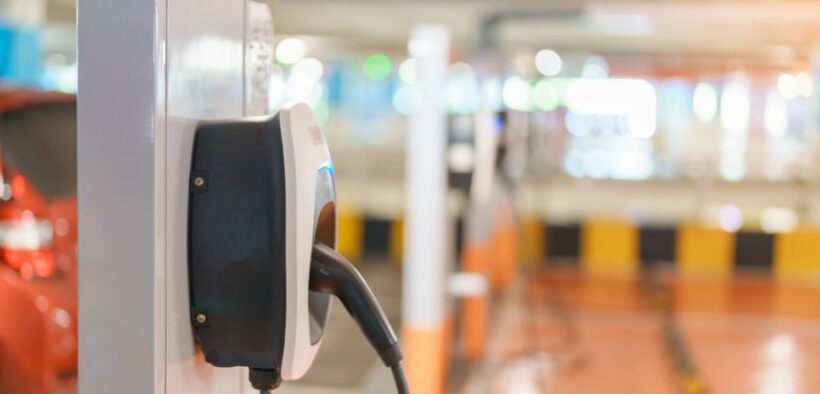Decoding the Green Revolution: Are Electric Car Batteries Truly Recyclable?

The shift towards electric vehicles (EVs) promises a greener and more sustainable future. However, with this transition comes a pressing question: What happens to the batteries of these electric marvels once they reach the end of their road life? Let’s delve into the realm of EV battery recycling, exploring its significance, processes, and valuable components that could shape a circular economy.
A Greener Path Forward
As the world gears up for a surge in electric vehicle adoption, concerns about the environmental impact of discarded batteries have taken center stage. By 2030, we could be facing half a million spent batteries annually, posing a potential environmental hazard. The good news? EV batteries are not destined for the graveyard; they are recyclable and reusable, paving the way for a sustainable approach to their life cycle.
EV Battery Recycling
The answer to the pivotal question — Are electric car batteries recyclable? — is a resounding yes. All EV batteries, irrespective of their make or model, can and should be recycled. This critical process not only addresses the growing concern of e-waste but also contributes to the conservation of valuable resources. According to Jessica Dunn, Ph.D., a senior analyst at the Union of Concerned Scientists, “Ninety-five percent of the lithium, manganese, cobalt, and nickel can be recovered and used in the manufacturing of new batteries and EVs.”
Advances in Recycling Technology
While efficient EV battery recycling wasn’t always a reality, recent strides in technology and the profitability of mineral recovery have propelled the industry forward. New recycling plants, including one of the largest in the U.S. by Ascend Elements in Georgia, are a testament to the rapid advancements in this space. Companies like Redwood Materials are pioneering programs for collecting and repurposing EV batteries, signaling a growing market for sustainable battery afterlife solutions.
Unveiling the Treasures Within EV Batteries
The recycling journey unveils a treasure trove of valuable components within EV batteries. Cobalt, lithium, and nickel stand out as the most coveted elements recovered during recycling. Additionally, aluminum, copper, and iron contribute to the recycling process, underscoring the multifaceted benefits of recycling beyond the environmental aspect.
The Why Behind Recycling
Recycling EV batteries extends beyond the conservation of resources; it is a vital step in mitigating environmental challenges associated with mining. Lithium mining, in particular, is notorious for its water-intensive nature. By recycling batteries, we can circumvent the need for excessive mining, contributing to water savings and minimizing the destruction of natural habitats. Furthermore, recycling addresses human rights concerns related to mining practices and promotes the principles of a circular economy.
How to Recycle or Repurpose Your EV Battery
As the EV battery recycling industry gains momentum, the avenues for recycling or repurposing your old battery are expanding. Many EV dealers accept batteries, national programs like Battery Recyclers of America offer pickups in select locations, and specialized local auto shops, such as Mile Hybrid in Denver, focus on recycling and repurposing EV batteries. However, the uniformity of services is still evolving, making it essential to inquire about the fate of your battery before parting ways.
In conclusion, the recyclability of electric car batteries marks a crucial stride toward a sustainable automotive future. While challenges and improvements lie ahead, the commitment to recycling presents an opportunity to redefine our approach to energy storage. As we navigate the landscape of electric mobility, embracing recycling practices ensures that the environmental footprint of our drive toward a greener tomorrow remains as light as possible. It’s not just about adopting electric vehicles; it’s about responsibly managing their life cycle and contributing to a cleaner, more sustainable automotive ecosystem for generations to come.









